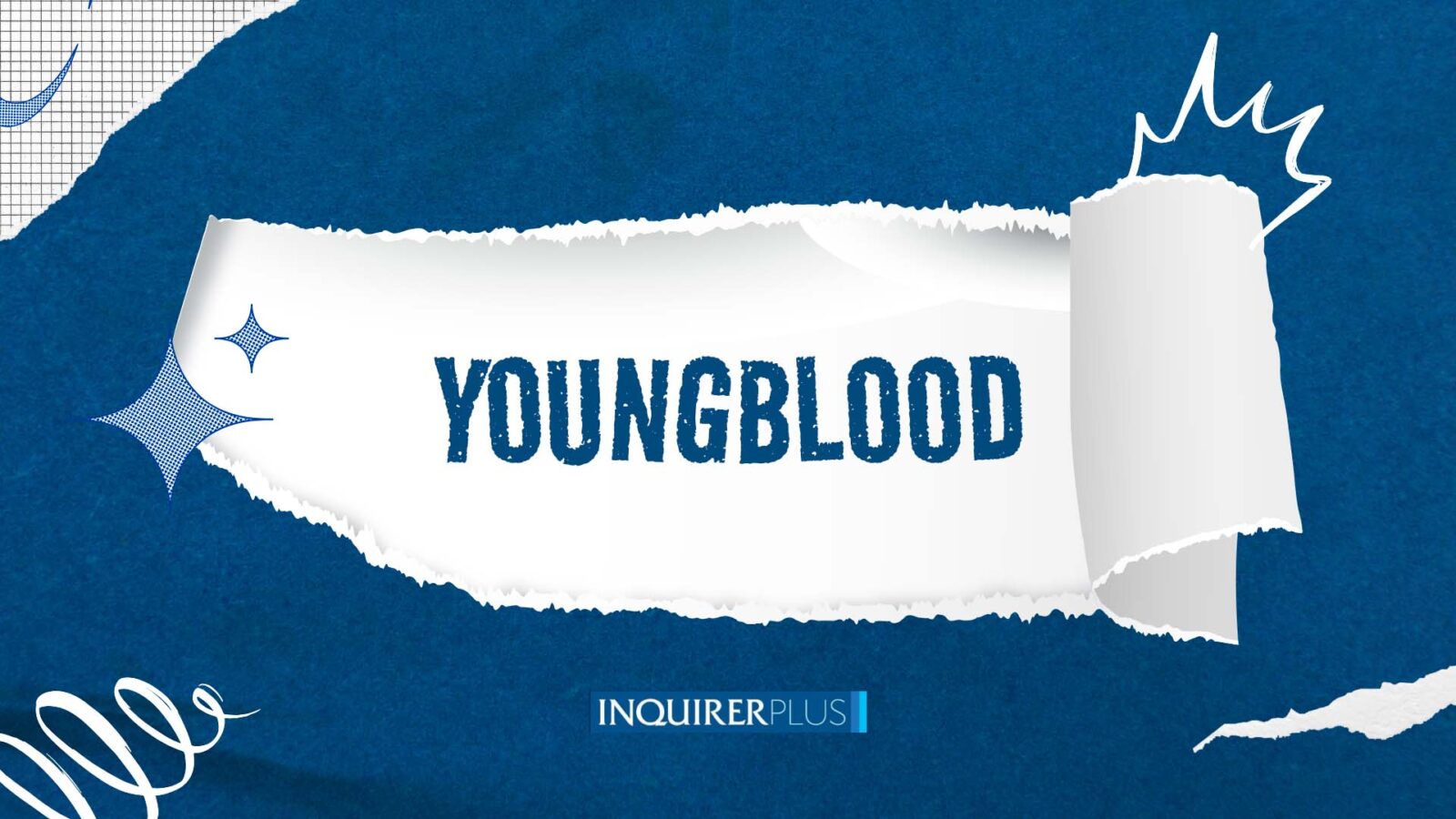My pink pony club

I have always felt that I belong somewhere else.
Not because I hated my hometown, but because from a young age, I knew there were parts of me that wouldn’t survive if I stayed.
Growing up queer in a place where everyone knows everyone meant learning to conceal parts of myself before I even knew what I was hiding. Like I had to keep fragments of my identity folded neatly away, hidden even from the people who loved me most.
Not because they didn’t care, but because I was never sure if their love could stretch far enough to hold all of me.
I am the eldest son of an Ilocano family, expected to grow up straight in every sense of the word. And so, even before I fully understood who I was, I already feared what it would cost me to be honest about it.
But I didn’t rebel. I excelled. I became excellent. If I can’t be who they want me to be, maybe I can at least make them proud. I poured myself into my studies with the kind of urgency that only someone trying to outrun shame could understand.
Since elementary, I was always among the best. I kept pushing, kept proving. I did what many of us queer kids do to survive: I overcompensated. I studied twice as hard, excelled in everything I did, and pushed myself to the limits of what I thought was possible.
Because for people like me, excellence becomes our armor. It’s how we protect ourselves, how we claim the right to be here, to be seen, to be safe. But it’s just self-defense until we don’t realize we are already building a weapon.
For if I was going to carry the secret of being queer, then I was going to carry it wrapped in laurels, medals, certificates, and achievements too blinding to ignore.
And when the opportunity came to move out of the province for college, I took it knowing that something bigger was waiting for me. My years of chasing perfection just to feel enough, after all, had earned me a spot at the University of the Philippines (UP)—a place where, for the first time, I could begin to imagine a life on my own terms.
Because I knew, even then, that the small town that nurtured me, as loving and familiar as it was, had grown too small. It could no longer hold the full shape of who I was becoming, or the size of the dreams I refused to shrink.
And so when I left for the metro to study in UP, I carried both hope and guilt in my luggage. Hope that in this new environment, I could finally breathe and stretch into who I was. Guilt, because I knew my mother would sit alone in our kitchen, wondering if the city would take her son away. And in some ways, it did. But not in the way she fears.
It was everything I had worked for, everything I had dreamed about. Once I got to UP, I did what I’d always done—I made a name for myself. I took up space in every inch I could. I raised my fist, raised my voice, and raised the invisible bar for what a queer kid from a small town could become.
And after years of sleepless nights, countless quiet battles, and a thousand versions of myself trying to prove I was more than enough, I became the first in my family to graduate from college.
The sweetest cherry on top? I graduated summa cum laude.
Three words that carried the weight of generations. Because who would have thought that the queer child from a small town, who once felt the need to hide, to shrink, to overachieve just to be accepted—would one day walk across the stage, not just seen, but celebrated?
Because when you’re queer, especially from a place that doesn’t always have room for you, sometimes you feel like you need to overcompensate just to be allowed to occupy a space and to exist.
Because when you’re queer, you toil twice as hard, love twice as quietly, and shine so brightly that no one can look directly at you long enough to question what’s behind the brilliance. You become everything people never expected, just to escape being everything they feared.
I know that back home, the people I left behind—their worry never left me. But neither did my love for them. But as much as I wanted to bridge the distance, I also knew the life I was building required me to live fully, even if it meant leaving parts of the past behind.
And that’s a grief I’m still learning how to hold gently.
Because the truth is, leaving wasn’t easy. It never is when it means stepping away from the people who shaped you. No one tells you how much it breaks your heart in two that your dreams and your hometown are not the same place, and maybe never will be. That sometimes, to feel at home in your own skin, you must become an “other” in the place that raised you.
It’s a wound that doesn’t fully close. You go home and feel foreign. You stay in the city and feel the ache of distance. You are always missing something, somewhere.
But still, you go because you owe it to yourself to live. You build. You become. You learn to hold that pain with tenderness, and you make peace with the fact that home isn’t always a place.
And maybe, just maybe, one day, we’ll find a way to bridge both worlds. To bring our wholeness home. But until then, we’ll keep marching forward, even if it means carrying both longing and joy in the same heart.
—————-
Reed Viceral, 23, is a budding Ilocano anthropologist.

















Our commercialized idea of education